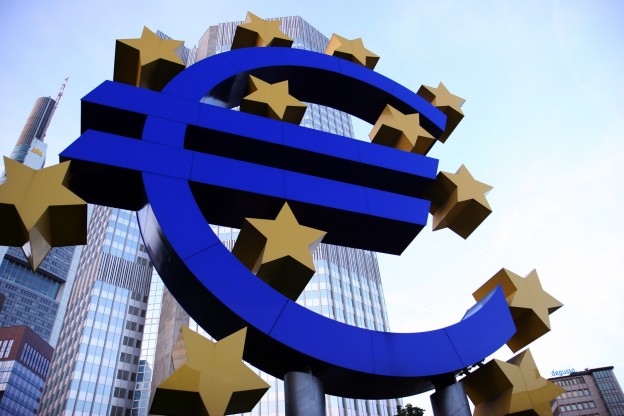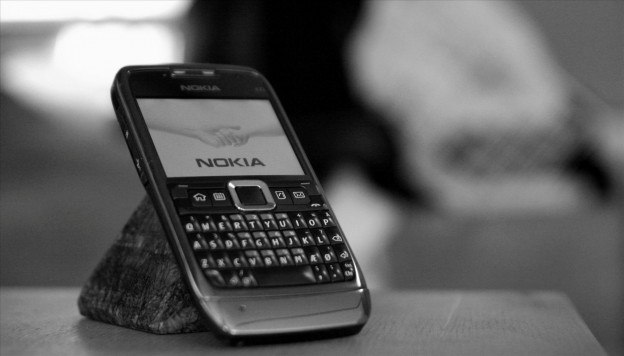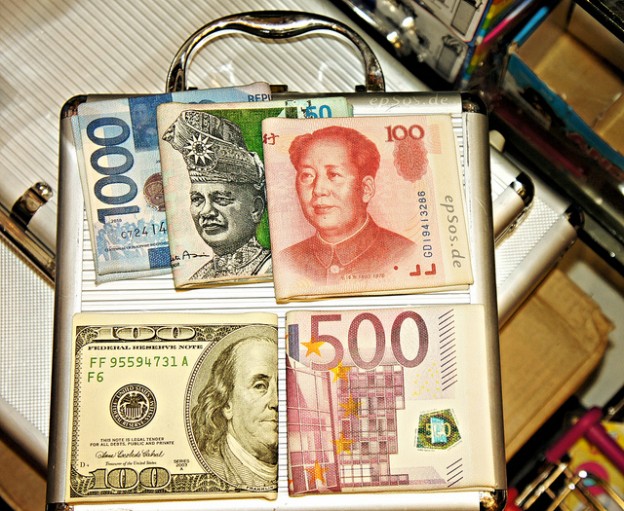At an event titled Finland in Changing Europe, the country’s prime minister, Jyrki Katainen outlined some of his ideas for the European Union and the eurozone. He spoke about the need for solidarity and coherence, while warning about the consequences of extremist viewpoints. Katainen stated that he has no particular vision for the union or how it should evolve going further.
Nevertheless, the prime minister seemed adamant about the meaning of solidarity which he did not see – to paraphrase – simply as an act of kicking the can down the road and putting out fires, but rather, as an act of deepening security cooperation between the member states.
Moreover, Katainen argued that the idea of enforcing peace, a view subscribed to and advocated by the founders of the European Union, is longer sufficient to keep the union together and other, additional forces must guide decision making in the future.
For the audience, Katainen’s views were a reflection of the eurozone as a whole: a rigid system imposed on a disjointed union of countries with different cultures and values.
The problems with the single currency are manifold. However, the main issues circle around competing political interests. Even if the member states would agree to establish a standard to which each and every country would commit to, it would be impossible to achieve a crisis-free zone.
For instance, EU and the eurozone are seen largely as matters of foreign policy among Europe’s various constituencies The problems with the euro are still secondary to other, seemingly more pressing issues such as unemployment, education and taxation. Therefore, when politicians are forced to balance between the foreign and domestic interests – which do not always converge – they often end up bowing to one and mooning the other. In an ambitious and idealistic union like the eurozone, such a model cannot be sustained.
For Katainen and other eurozone advocates, it would be helpful to understand what the moral basis of the eurozone is. Imagine a big family in which people are related to one another by blood, but do not get along. Indeed, blood-relations do not guarantee a harmonious relationship, but shared values do - or at least make cooperation possible.
The eurozone decision makers would be well-advised to come together to determine whether the values of the 17 member states are similar enough to sustain a zone in desperate need of harmony, stability and a unified vision of the future.







































